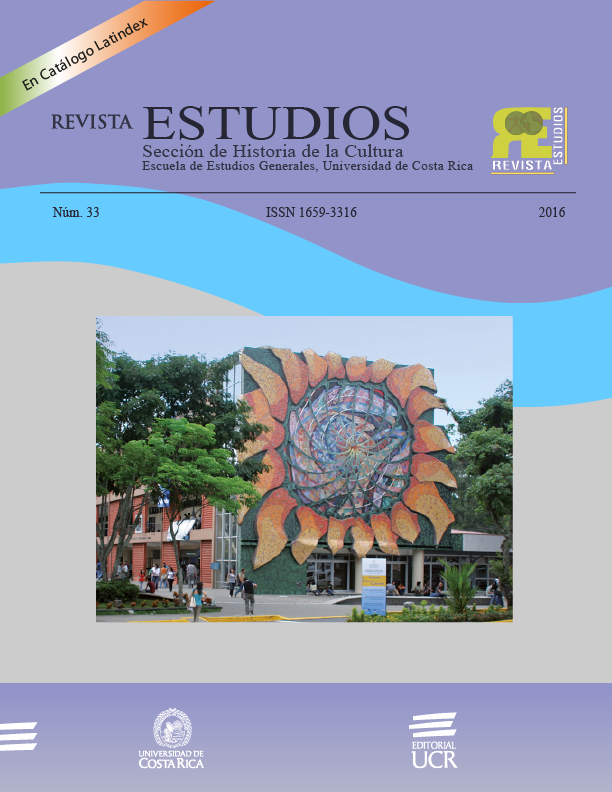Abstract
Ding Ling is one of the most remarkable writers of Chinese literature of the first half of the twentieth century. Both his life and his work are submerged in social and political transformations triggered by the generation of the May Fourth Movement in 1919. The early work of Ding Ling is a reflection of the contradictions and concerns that preyed on Chinese youth, especially educated women, who began to question their very nature, desires, needs and opportunities never explored before. The Diary of Miss Sophie is certainly an open work that allows us to understand the anxiety that accompanies the renunciation of established values and the search and incorporation of modern values and appreciation of the individual.
References
Feuerwerker, Yi-tsi Mei. (1982). Ding Ling’s fiction: ideology and narrative in modern Chinese literature. London: Harvard University.
Fisac Badell, Taciana. (1997). El otro sexo del dragón : mujeres, literatura y
sociedad en China . Madrid: Narcea.
Pessoa, Fernando. (2000). Libro del Desasosiego. Buenos Aires: Emece.
Stevens, Sarah E. (2003). «Figuring Modernity: The New Woman and the Modern Girl in Republican China.» NWSA Journal, Vol 15, No.3 Gender and
Modernism between the Wars, 1928-1939 , 82-103.
Ting, Ling. (1989). I myself am a woman : selected writings of.... Editado por Tani E. Barlow. Boston: Mass.: Beacon.
Wong, Ka F. (2014). «Modernity, Sexuality, and Colonial Fantasy in Ding Ling’s “Miss Sophia Diary” (1928).» Studies on Asia, Series IV 4.2. 115-144.

